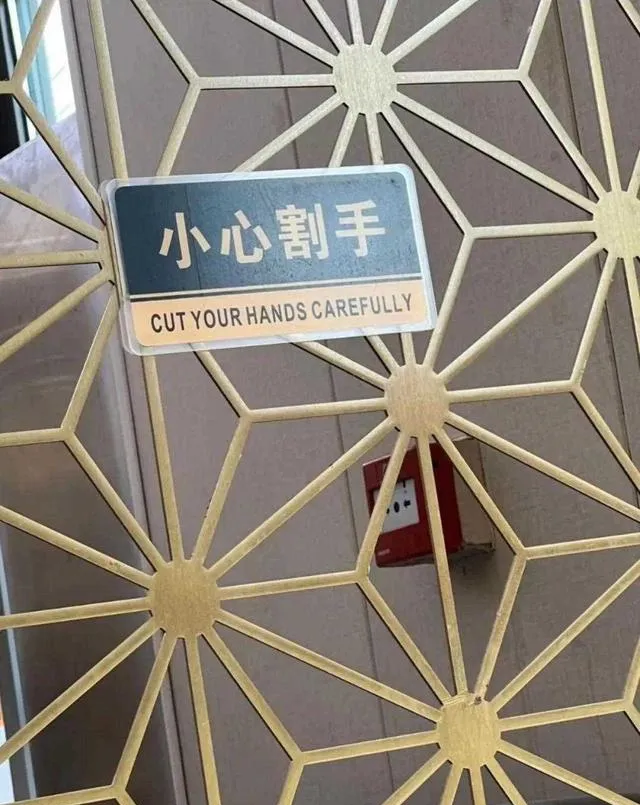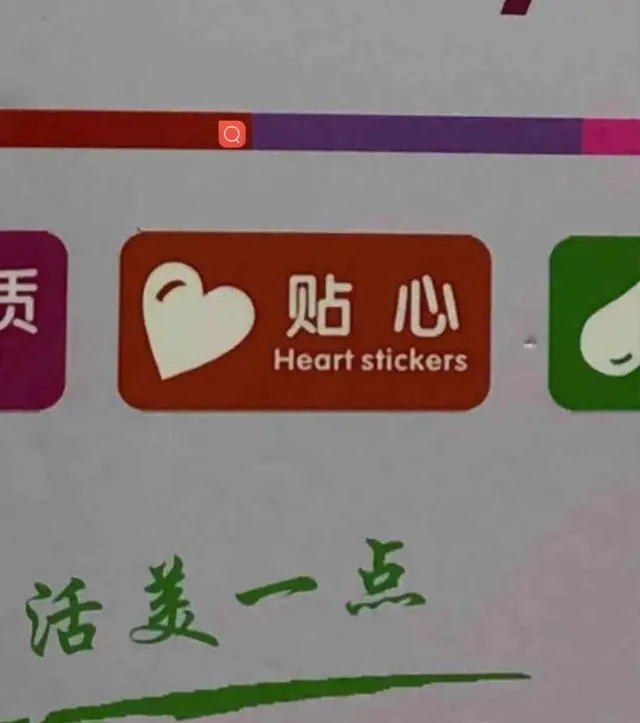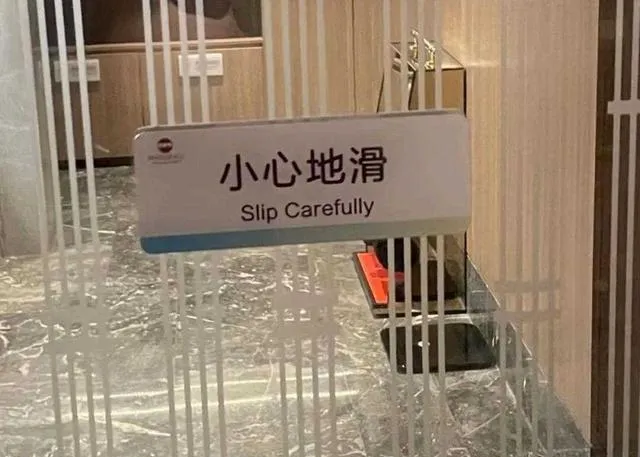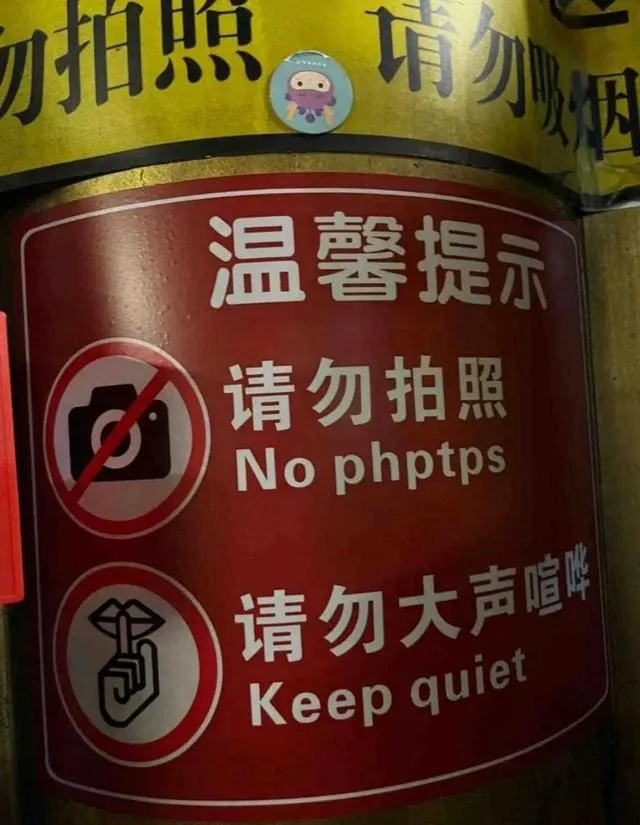「Please Stop Using Online Translation!」: A Plea for Clarity in Communication
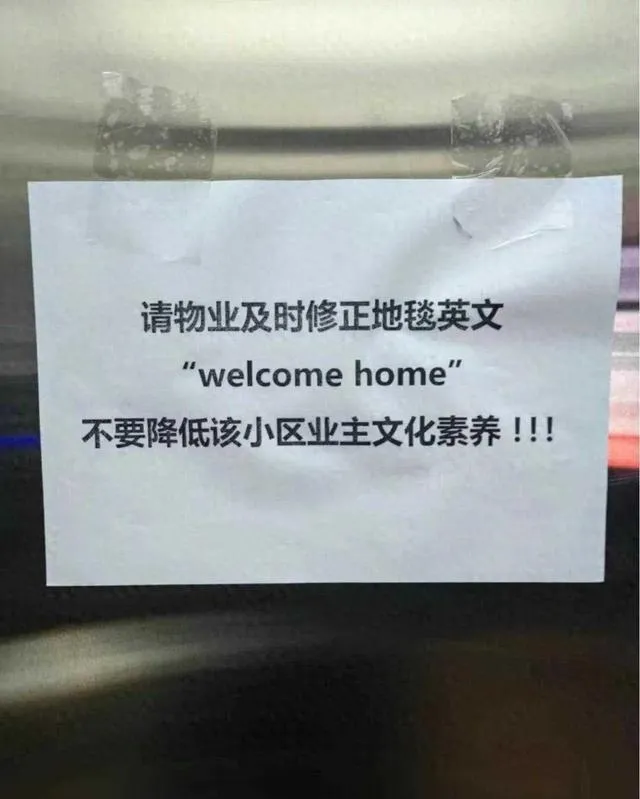
In the age of globalization, communication across languages has become more important than ever. With the rise of online translation tools, it seems like breaking down language barriers should be easier than ever before. However, as someone who has witnessed the chaos caused by mistranslations firsthand, I implore you: please stop using online translation!

Let me paint you a picture: you're browsing through social media and come across a post that catches your eye. Intrigued, you click on it, only to be greeted by a garbled mess of words that barely resemble coherent sentences. Frustrated, you try to make sense of it, but it's like trying to decipher hieroglyphics without a Rosetta Stone. This is the unfortunate reality for many internet users who rely on online translation tools.

But why are these translations so bad? The answer lies in the complexities of language itself. Language is not just about words; it's about context, culture, and nuance. It's about understanding the subtle nuances of human expression and emotion. And let's face it: online translation tools just don't cut it when it comes to capturing these nuances.
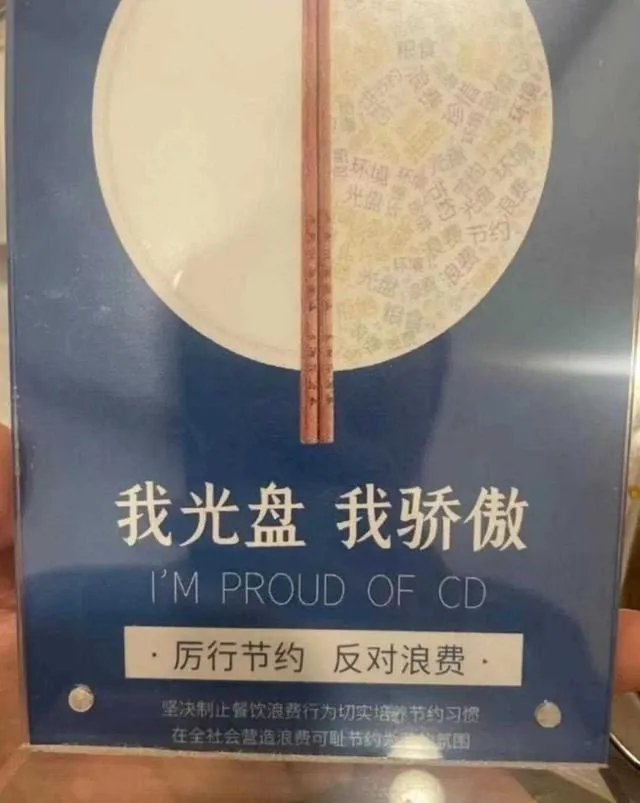
Take, for example, the infamous case of the Chinese restaurant whose sign read, "Translate server error. Please contact administrator." What was meant to be a simple translation of "翻译服务器出错,请联系管理员" turned into a hilarious mistranslation that went viral online. While this may be an extreme example, it highlights the dangers of relying blindly on online translation tools.

But it's not just about the humor of mistranslations; it's also about the real-world consequences. From botched business deals to diplomatic incidents, mistranslations can have serious implications. Just ask the Swedish company that lost millions of dollars due to a faulty translation of its marketing campaign.

So what's the solution? It's simple: invest in professional translation services. While it may cost more upfront, the peace of mind and clarity of communication that come with accurate translations are priceless. After all, can you really put a price on avoiding embarrassing mistranslations?

In conclusion, I urge you to think twice before hitting that "translate" button. Remember, language is a powerful tool that deserves to be treated with respect. So let's put an end to the madness of mistranslations and strive for clarity in communication. Your readers, your clients, and your sanity will thank you for it.
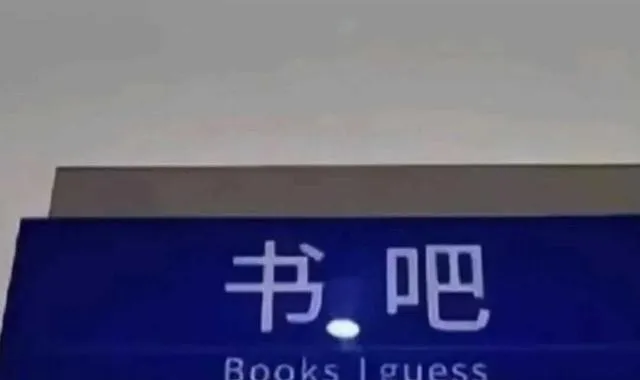
What are your thoughts on this issue? Please share your opinions in the comments below. Thank you!
